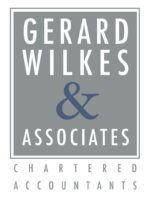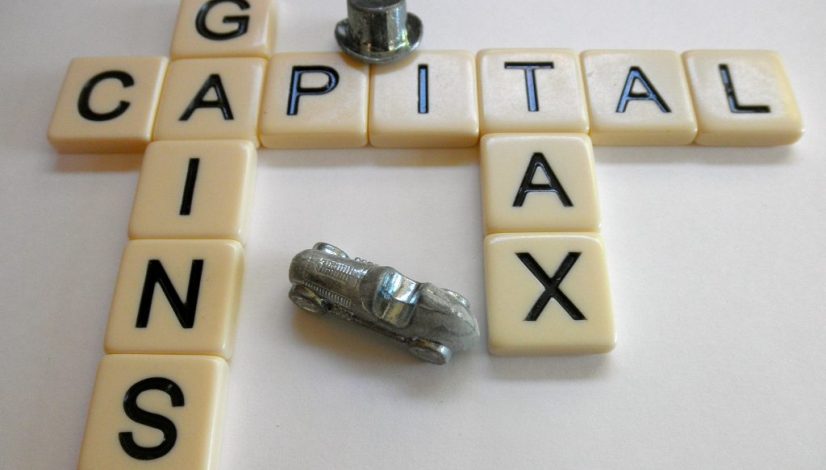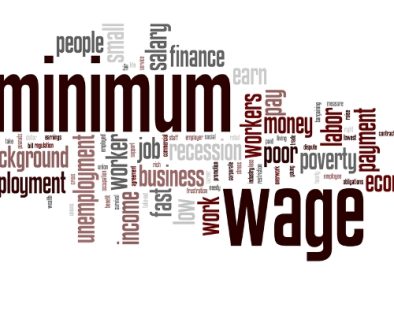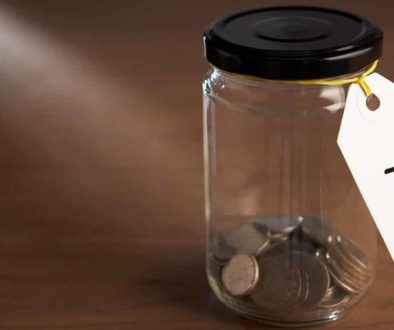When Does A CGT Concession Or Exemption Apply To Your Small Business?
When Does A CGT Concession Or Exemption Apply To Your Small Business?
Small businesses are facing a set of challenges once again that can make fulfilling tax obligations seem like a daunting task. However, as a small business, capital gains tax concessions on assets used to conduct your business may be of interest to you. These assets are known as “active assets” and can, for example, be a tangible asset (such as commercial property), or an intangible asset (such as goodwill).
The turnover threshold for such CGT concessions is $2 million, according to the ATO. If your turnover is more than $2 million then you need to satisfy an assets test.
There are stringent eligibility requirements and conditions that you must meet in order to access these concessions.
If you have owned an active business asset, you may only be required to pay tax on 25% of the capital gain when the asset is disposed of.
If you are 55 years of age or older, and are retiring or are permanently incapacitated (and have owned an active business asset for at least 15 years), you may not have to pay any CGT when disposing of an asset by sale, gift or transfer. You might also be able to contribute the amount that you make from this exemption to your super fund without affecting your non-concessional contributions limits (you can speak with us about this if you are unsure about this process).
If you are under 55, the taxable 25% of the disposal of an asset can be paid into a complying fund or a retirement savings account. There is then a full CGT exemption on the sale of an active business asset of up to $500,000 (the lifetime limit). Any amounts earned from this exemption to CGT may be able to be paid into your super fund without affecting the non-concessional contributions limit).
Disposing of an active asset, but are going to buy a replacement asset or improve on an existing one? You can defer your capital gain in this instance until a later year. The replacement asset can be acquired one year before or up to two years after the last CGT event in the income year that you choose the roll-over for.
If the asset is a share in a company or an interest in a trust, there will be additional conditions that you will be required to meet as well. If you are a small business, there are other CGT exemptions, rollovers and concessions specific to small businesses that you may be able to access, if you meet the eligibility criteria.
These small business CGT concessions will reduce the taxable capital gain and in some cases result in no tax being paid at all on the gain.
Speak with us to find out what you may be entitled to when it comes to CGT and your business to ensure that you are doing the right thing with your tax obligations after selling an asset.
If you have any questions or would like to discuss this article further, please contact us at https://www.wilkes.com.au/contact-us/ or call our office 07 5532 1733.
The information contained in this publication is for general information purposes only, professional advice should be obtained before acting on any information contained herein. The receiver of this document accepts that this publication may only be distributed for the purposes previously stipulated and agreed upon at subscription. Neither the publishers nor the distributors can accept any responsibility for loss occasioned to any person as a result of action taken or refrained from in consequence of the contents of this publication.




